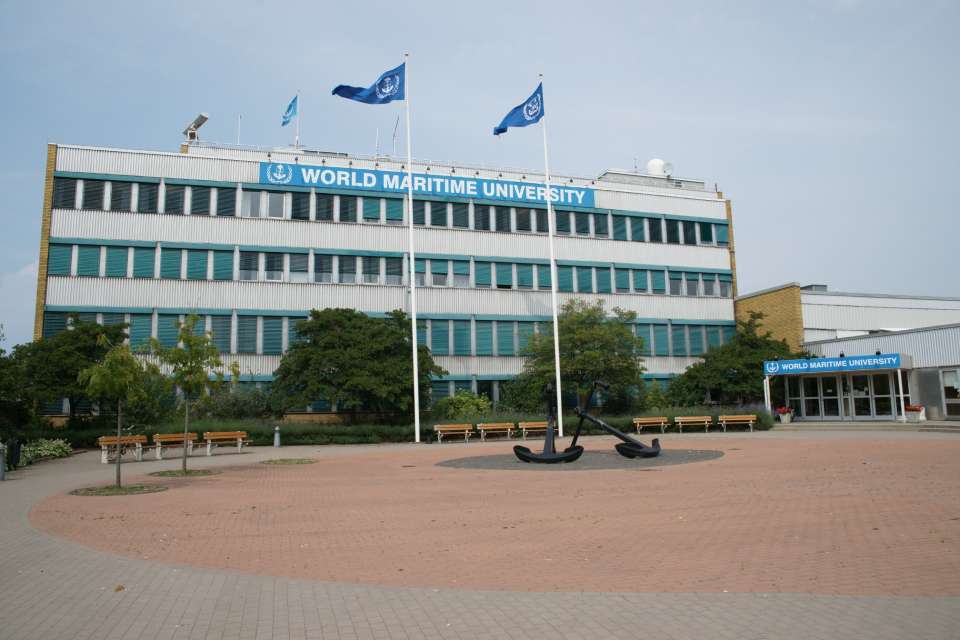By DAYO ADESULU
Adewale Adeyanju Discusses Challenges and Solutions in the Maritime Sector
Prince Adewale Adeyanju, President-General of the Maritime Workers Union of Nigeria (MWUN), has expressed concerns regarding the adverse effects of government policies on stakeholders, particularly ports workers. In a recent interview, he provided insights into the pressing issues faced by the maritime industry.
Economic Pressures on Ports Workers
Adewale Adeyanju noted that current government policies are severely affecting port operations. He highlighted a significant decline in vessel traffic, stating, “Vessels that used to arrive with 500 containers now come with just 100 containers.” This reduction has dire implications for workers, as shrinking operations may lead to potential redundancy if management cannot sustain the economic pressure.
He emphasized the need for fairness in the industry, stating, “The union cannot impose serious sanctions on any company when we understand the prevailing circumstances.”
Infrastructural Decay and Road Management
The MWUN leader criticized the deteriorating infrastructure, particularly in comparison to neighboring countries. He pointed out that while ports in Cotonou are thriving, Nigeria’s ports are suffering from neglect. Adeyanju commended the Lagos State Governor for collaborating with the Nigerian Ports Authority (NPA) to reduce gridlock but urged further action against illegal traders occupying access roads to the ports.
“It is unacceptable for people to turn the roads leading to our economic gateway into marketplaces,” he asserted. He called on the government to clear these illegal activities to maintain a professional image for international businesses.
Cargo Diversion and Tariff Challenges
Adewale Adeyanju addressed the issue of cargo diversion, attributing it to Nigeria’s challenging economic landscape and rising tariffs. He remarked, “Many prefer to use ports in Cotonou and other smaller countries where tariffs are more manageable.” He criticized the high tariffs as unjustifiable, arguing they deter investors and ultimately burden consumers.
Initiatives for Improved Worker Standards
On a positive note, Adeyanju shared that the MWUN has made significant strides in establishing minimum standards for maritime workers. He explained that through collaboration with industry stakeholders and the Minister of Blue Economy, a new benchmark has been set to ensure fair compensation for all workers in the sector.
“Previously, many workers retired with nothing to show for their service. Now, with the new minimum standards, we have made substantial improvements in worker welfare,” he noted.
Ongoing Government Support and Future Steps
The union leader praised the government’s intervention, particularly the efforts of the Minister of Blue Economy, Oyetola, in addressing the plight of aged seafarers from the defunct Nigerian National Shipping Lines (NNSL). Adeyanju emphasized the need for further discussions between the union and the government to resolve outstanding pension issues that have persisted for nearly three decades.
He concluded with a hopeful outlook, stating that with continued collaboration, the maritime sector can overcome its challenges and better support its workforce
